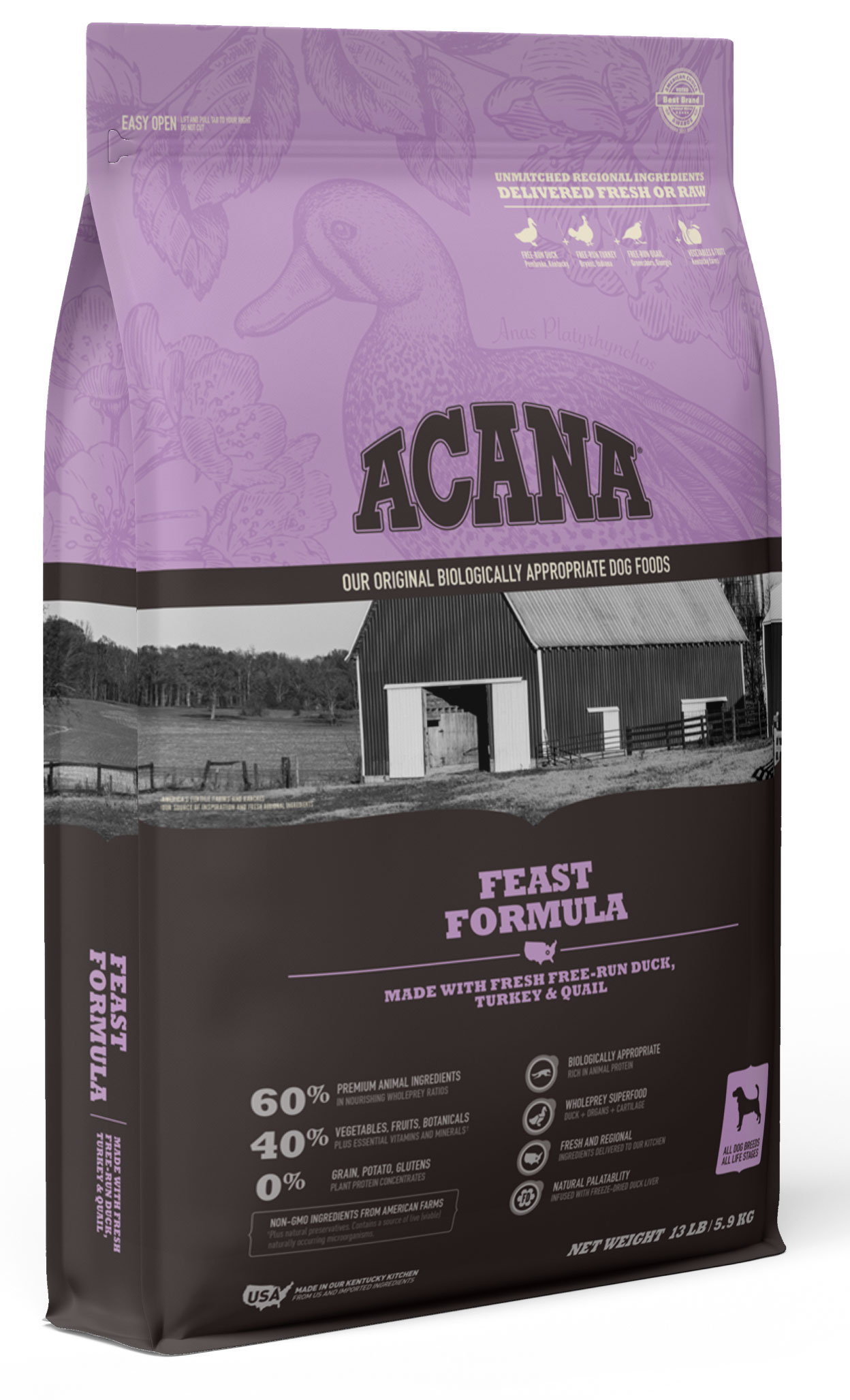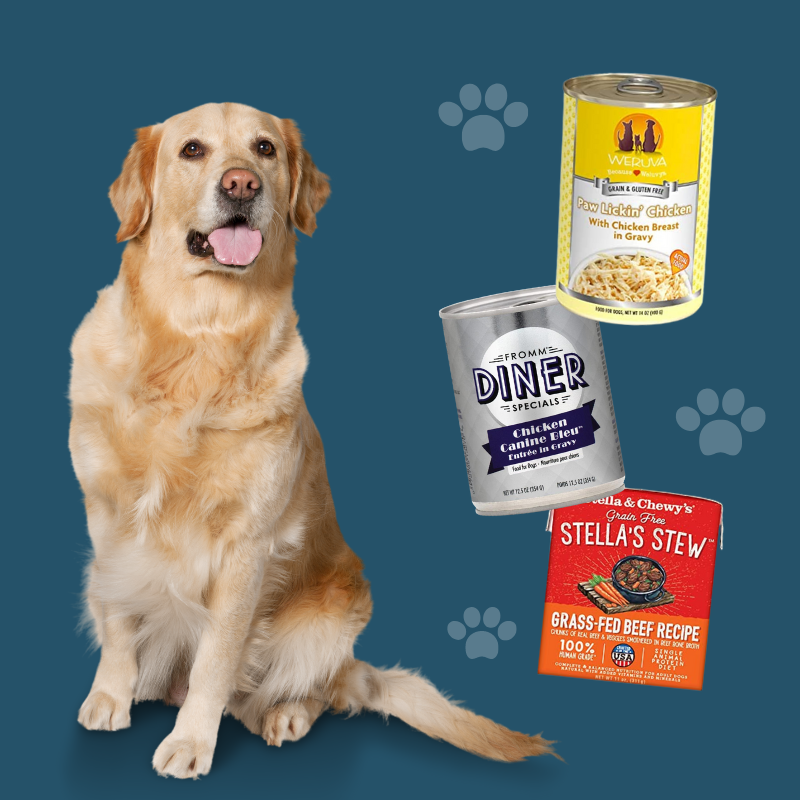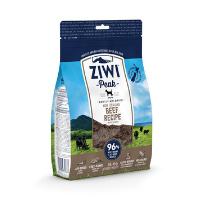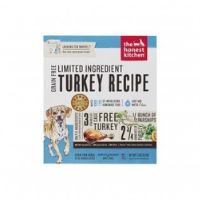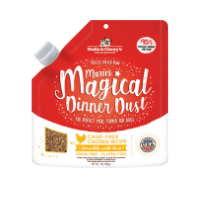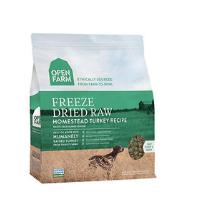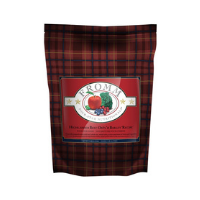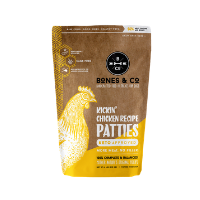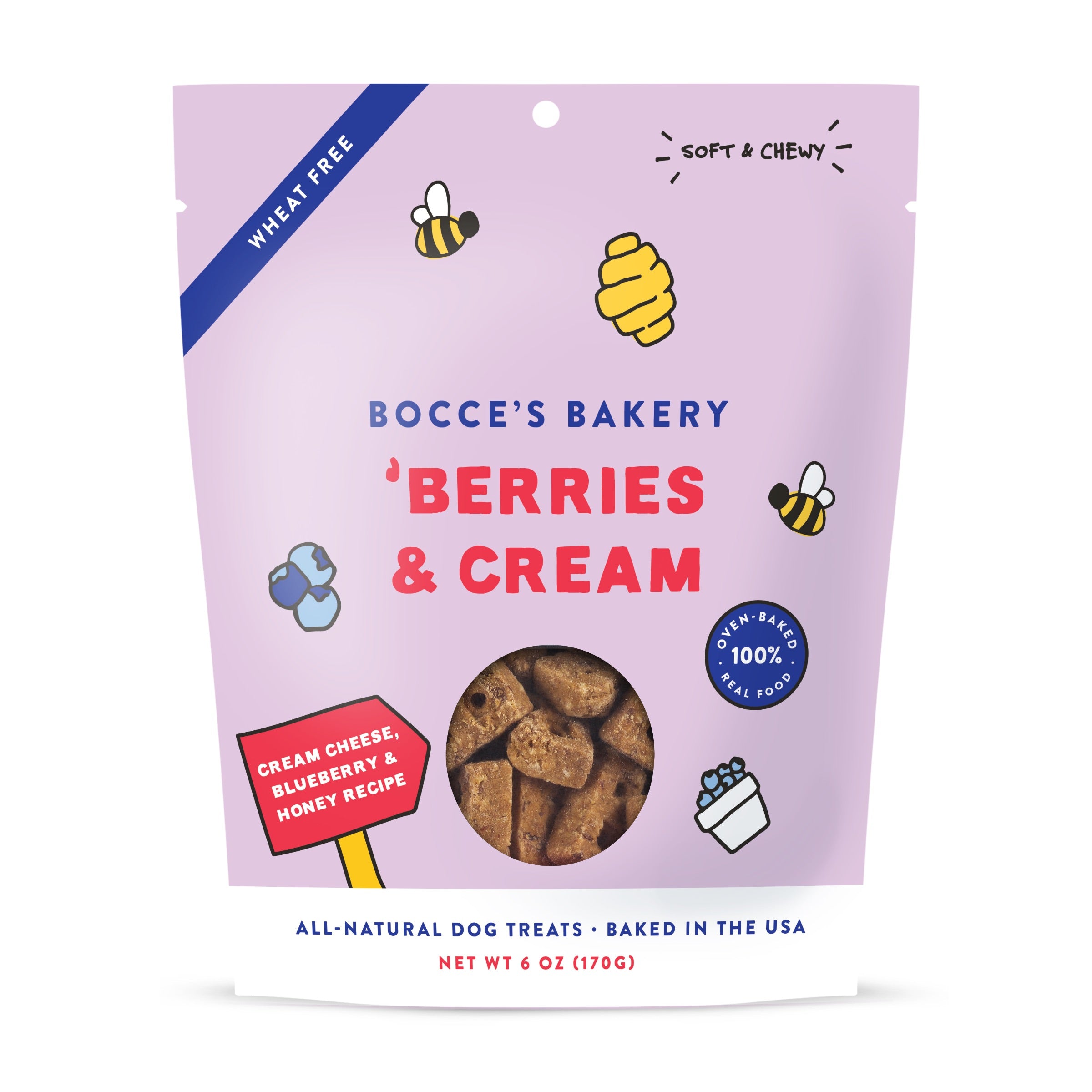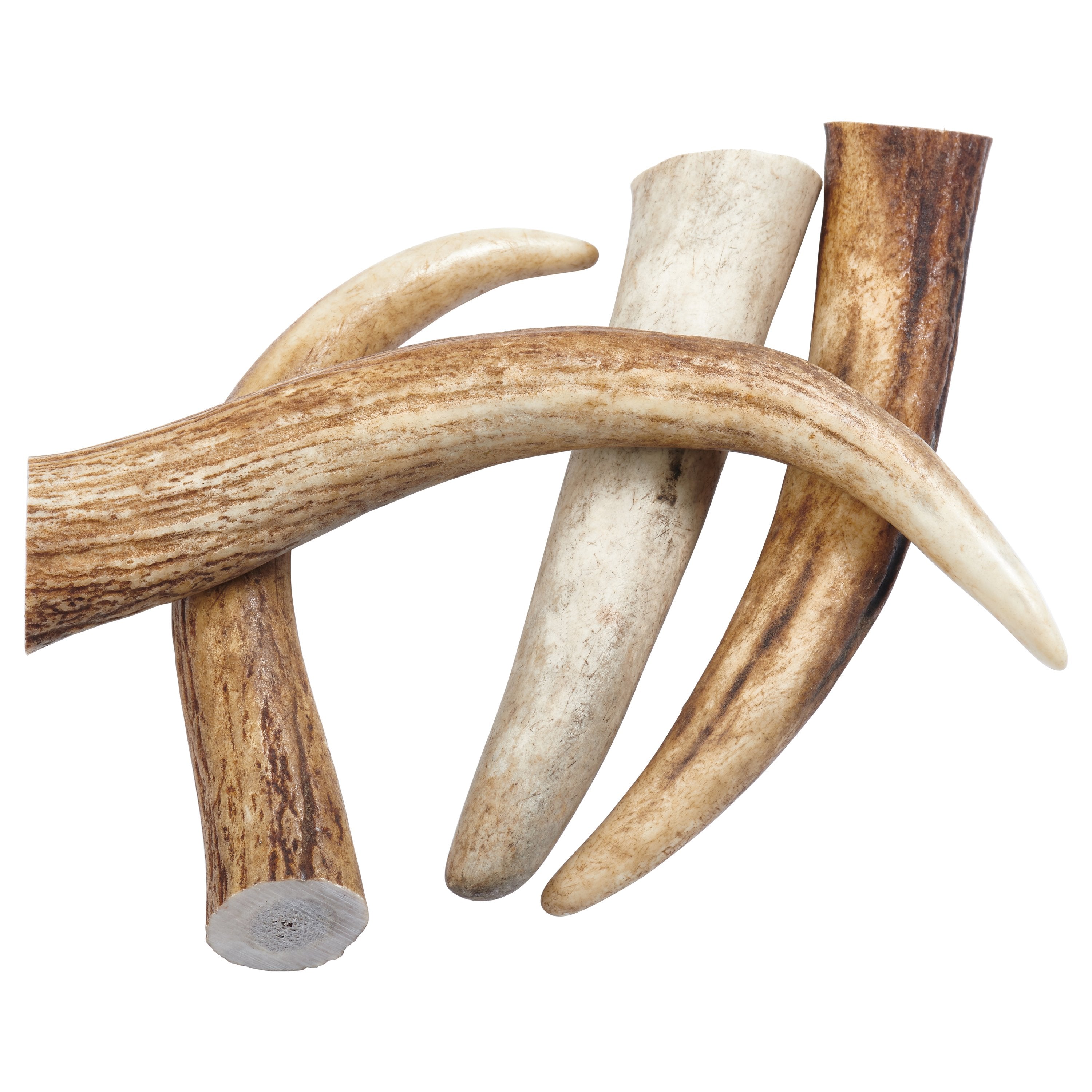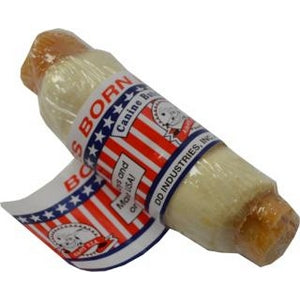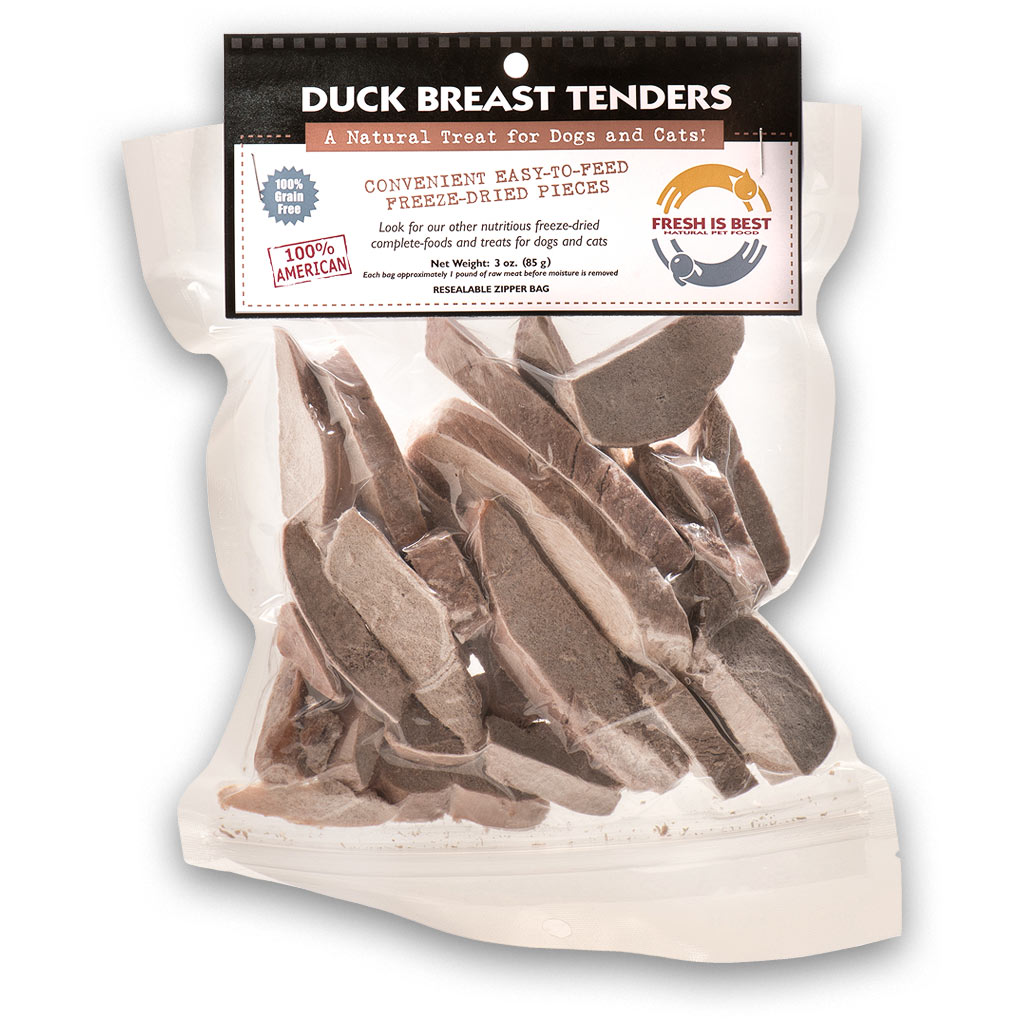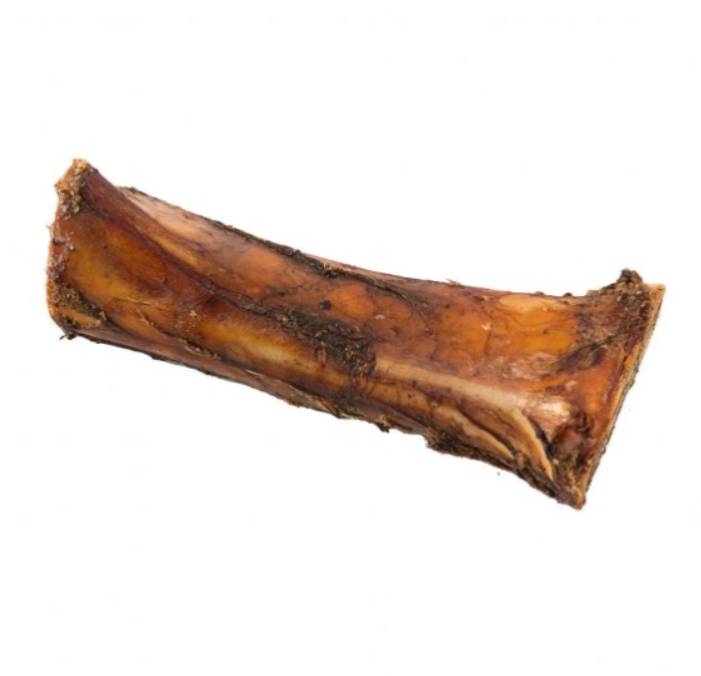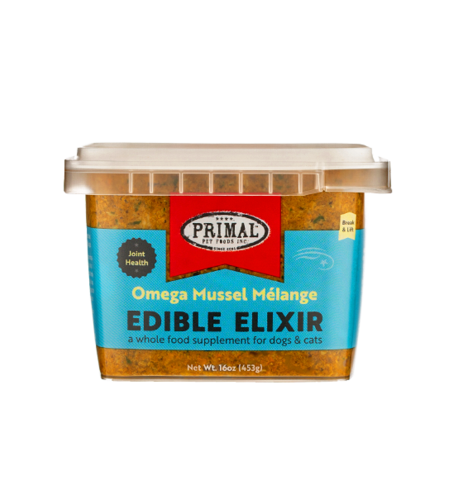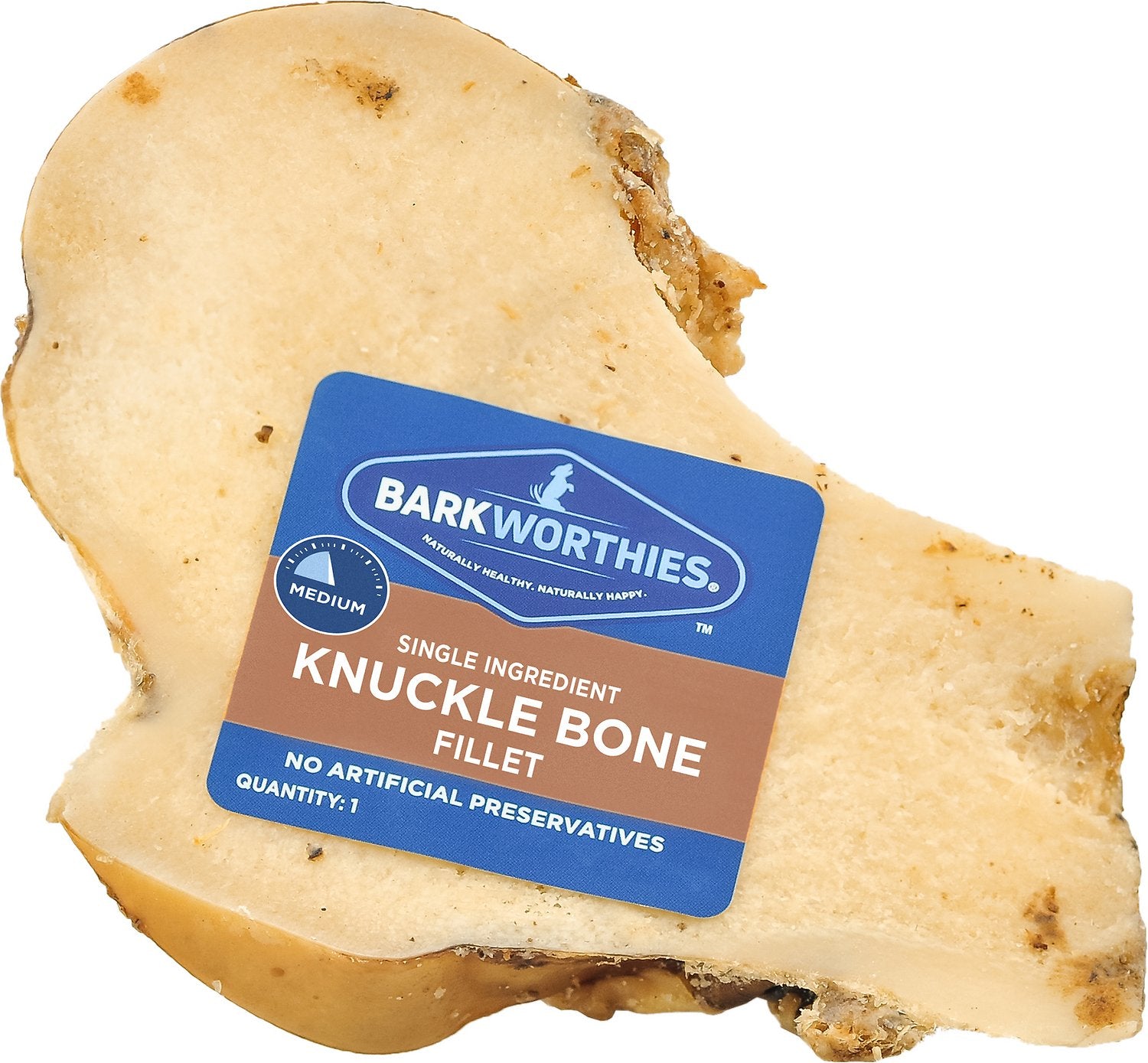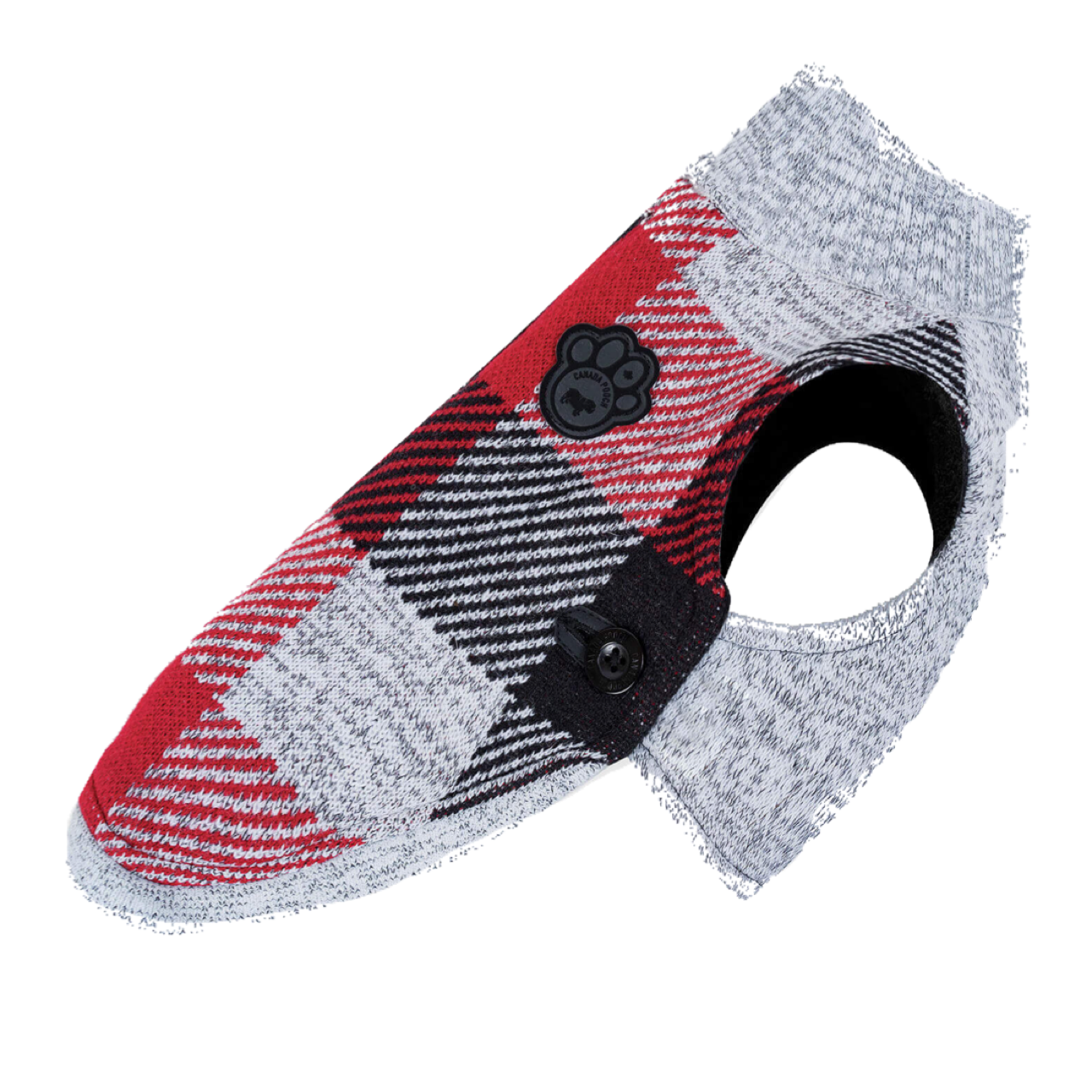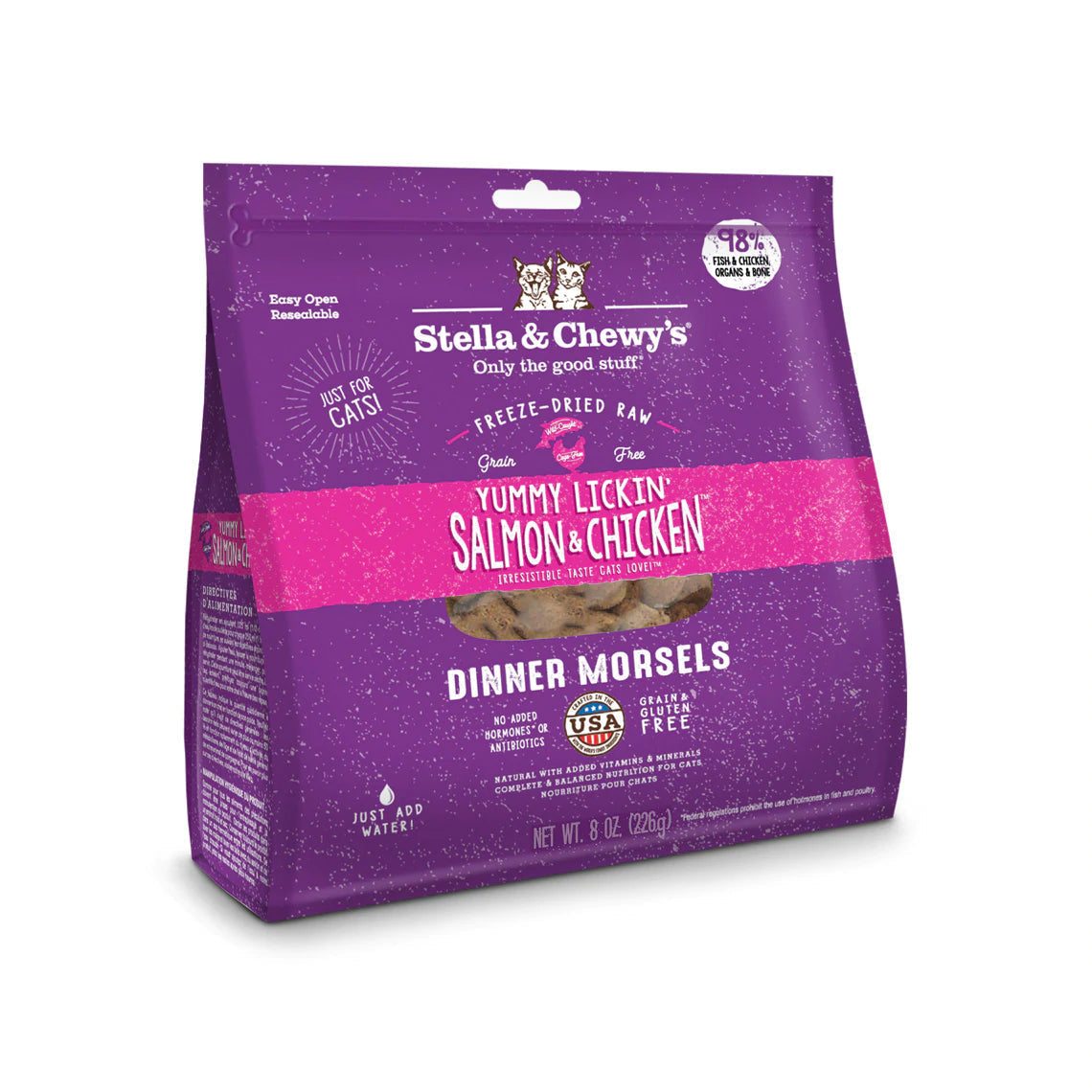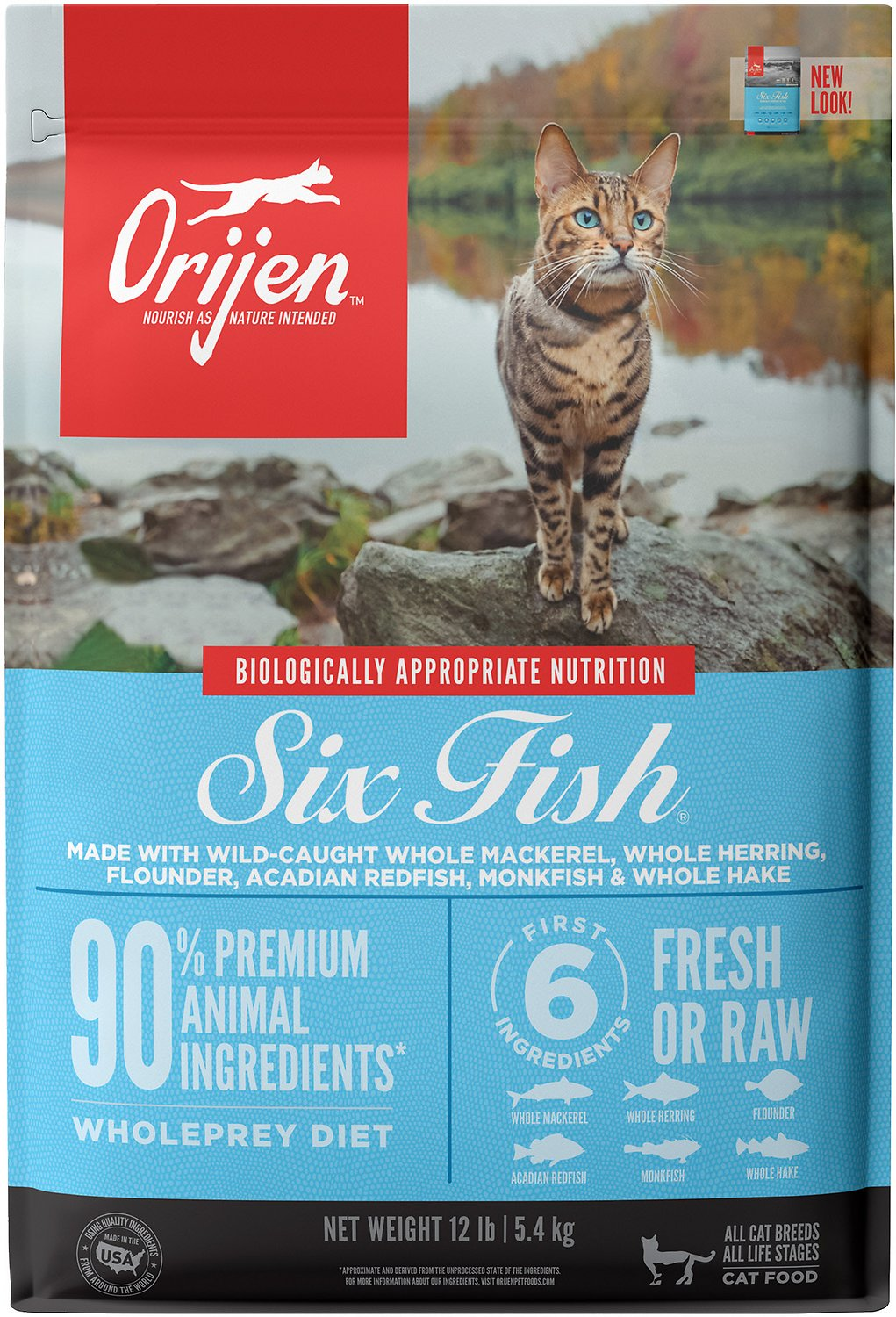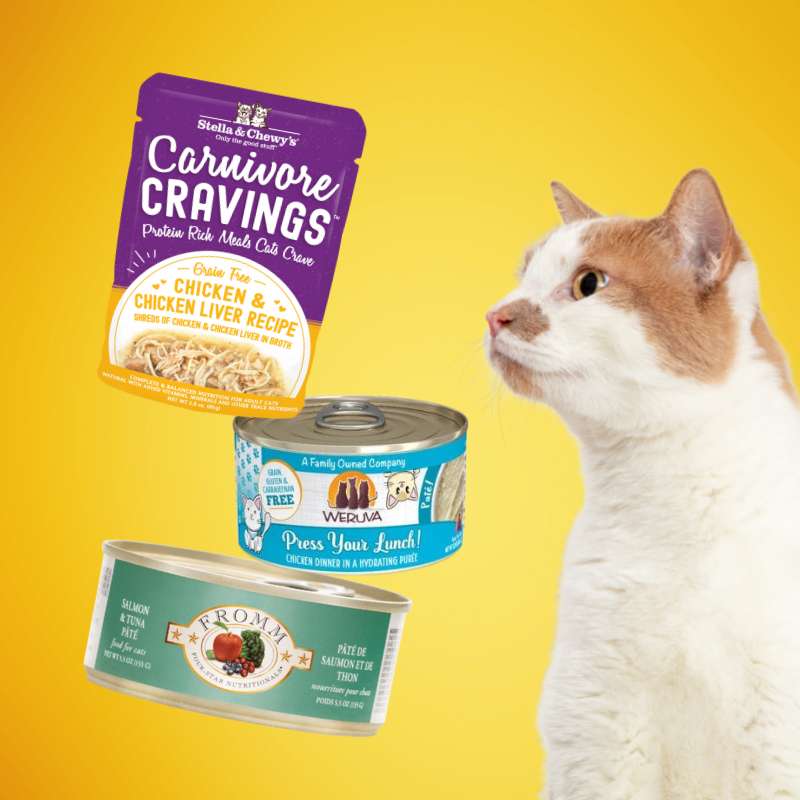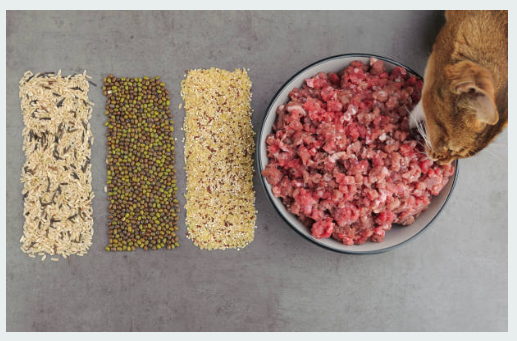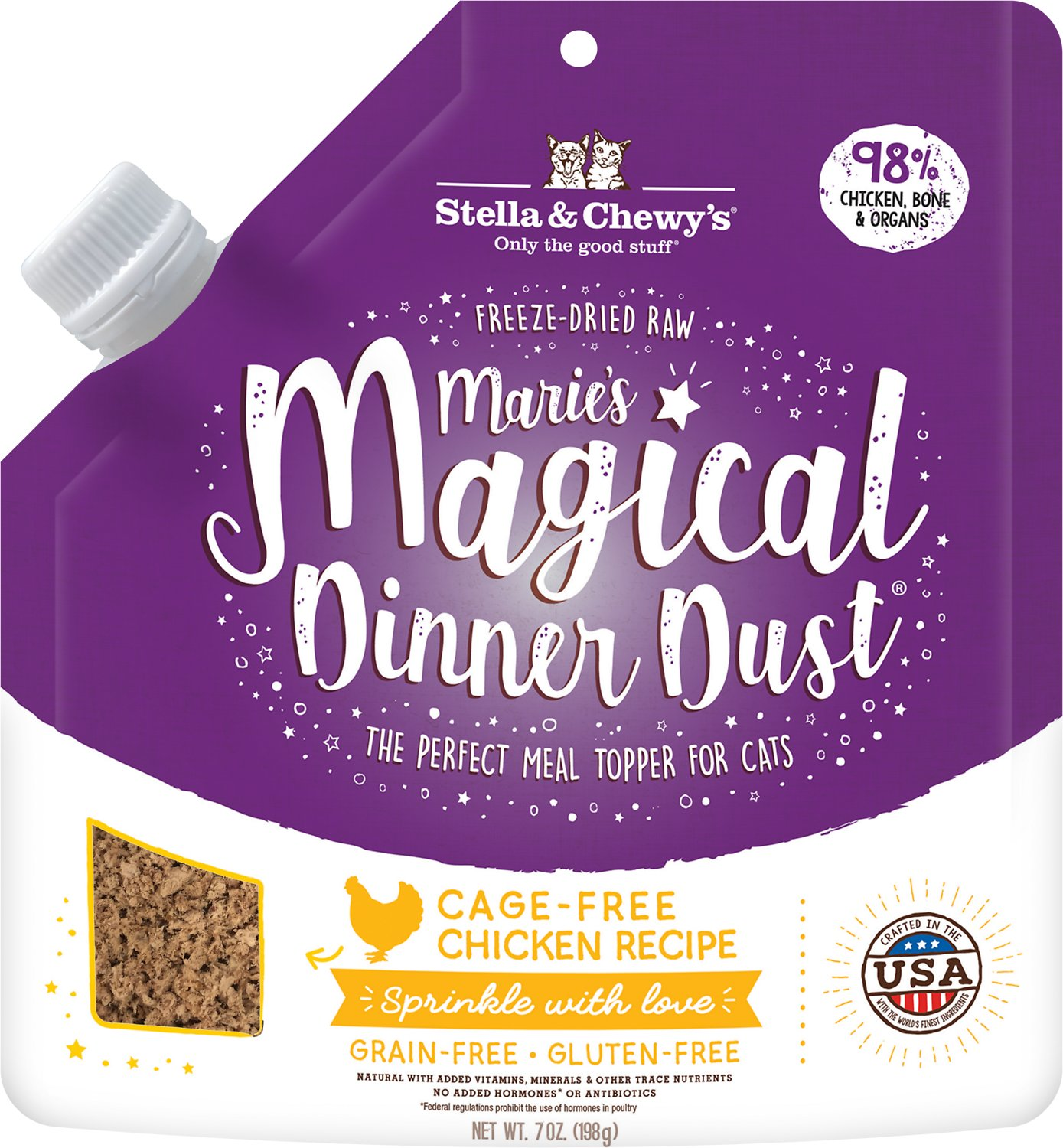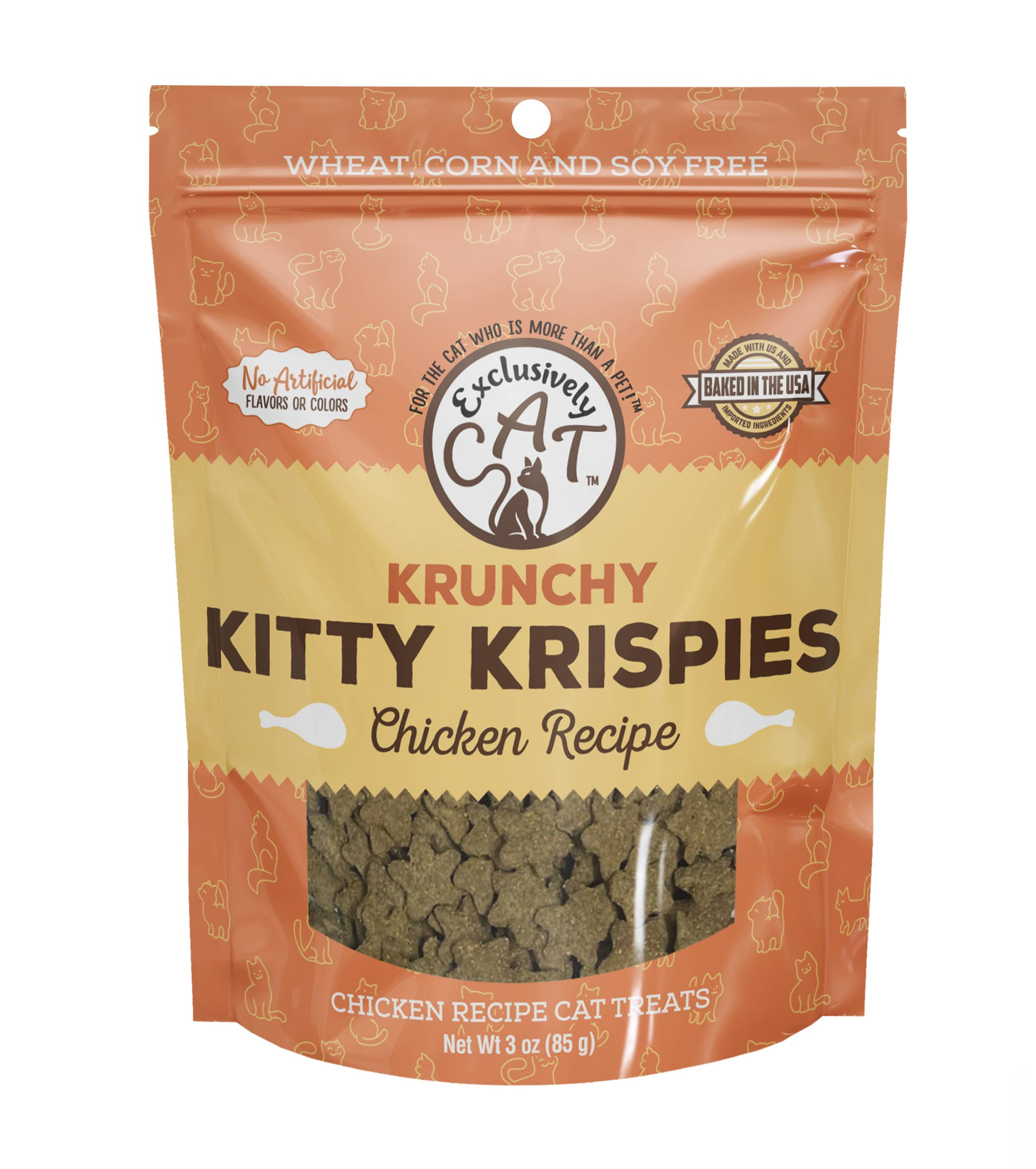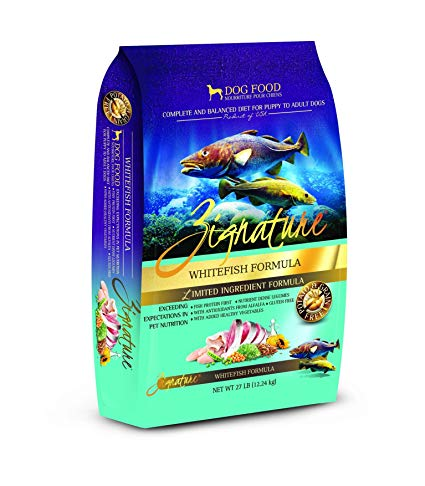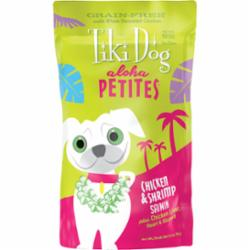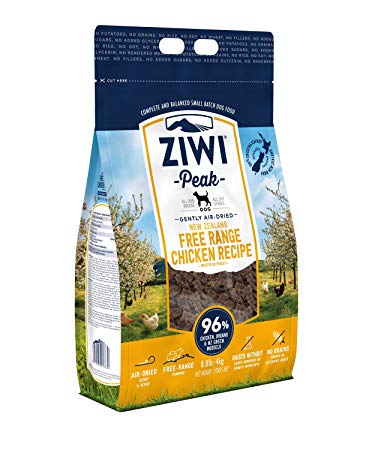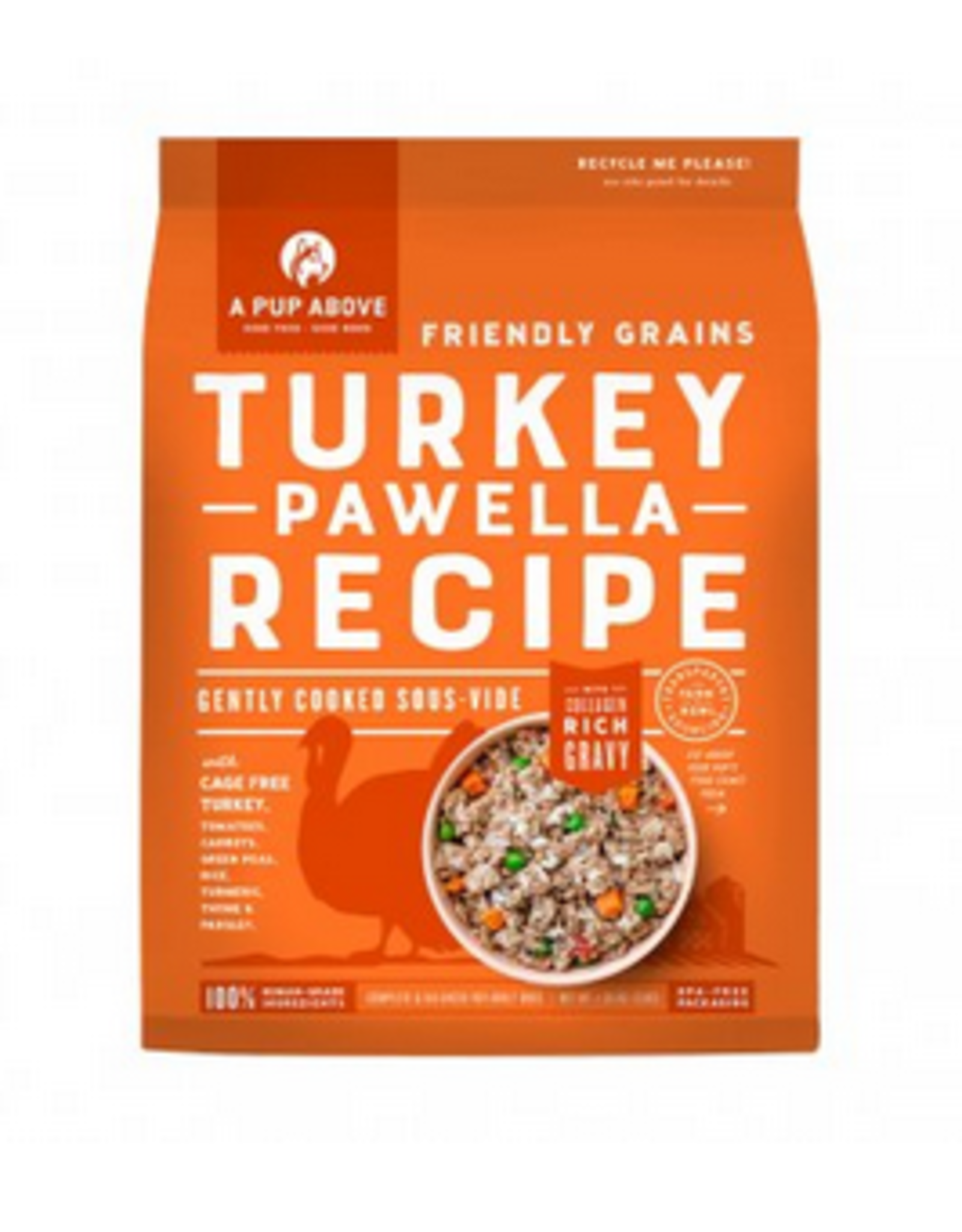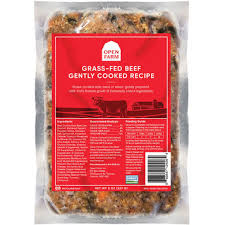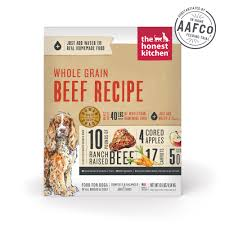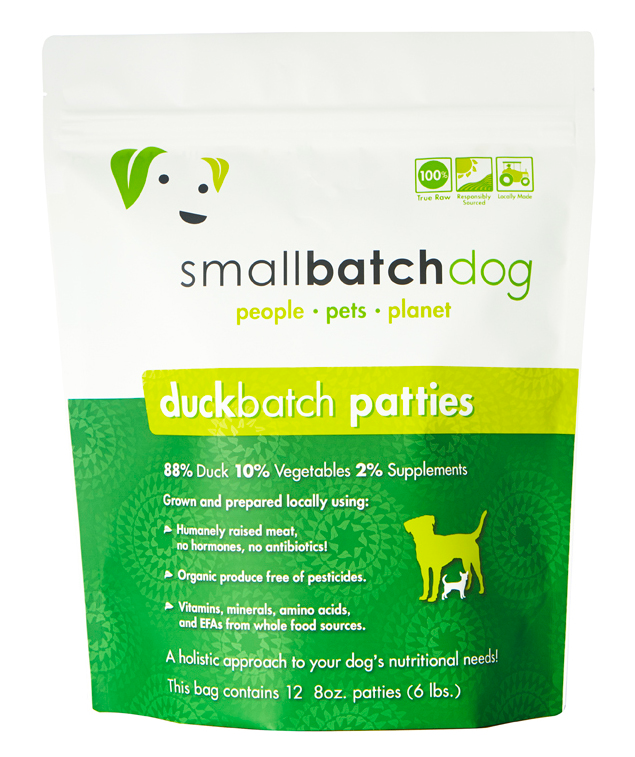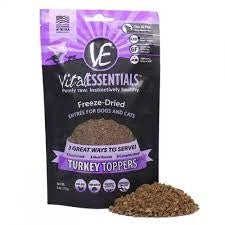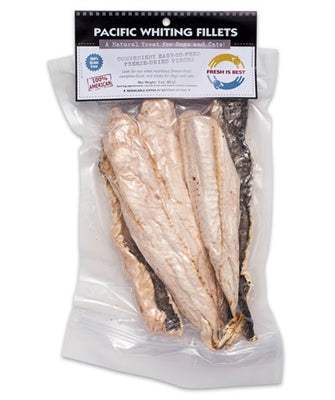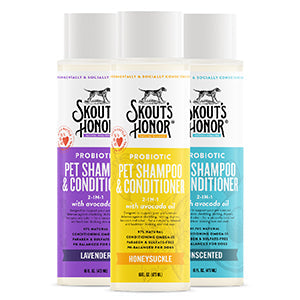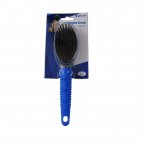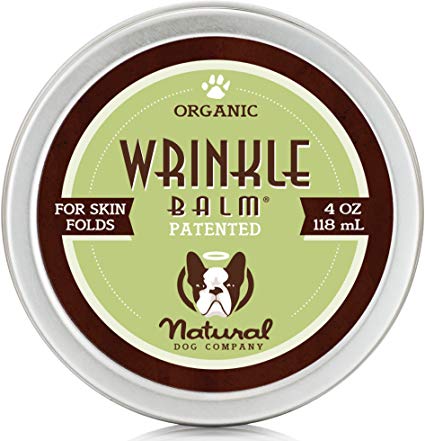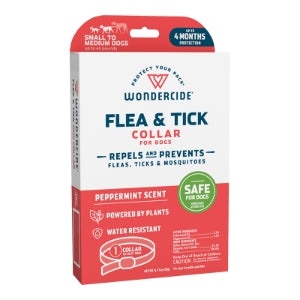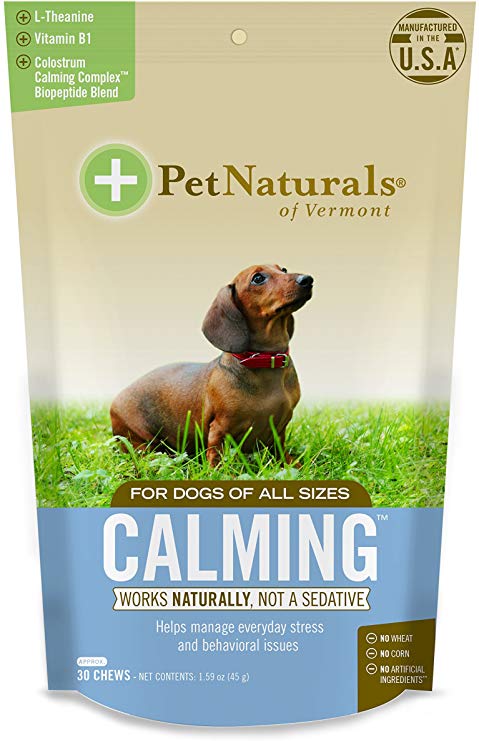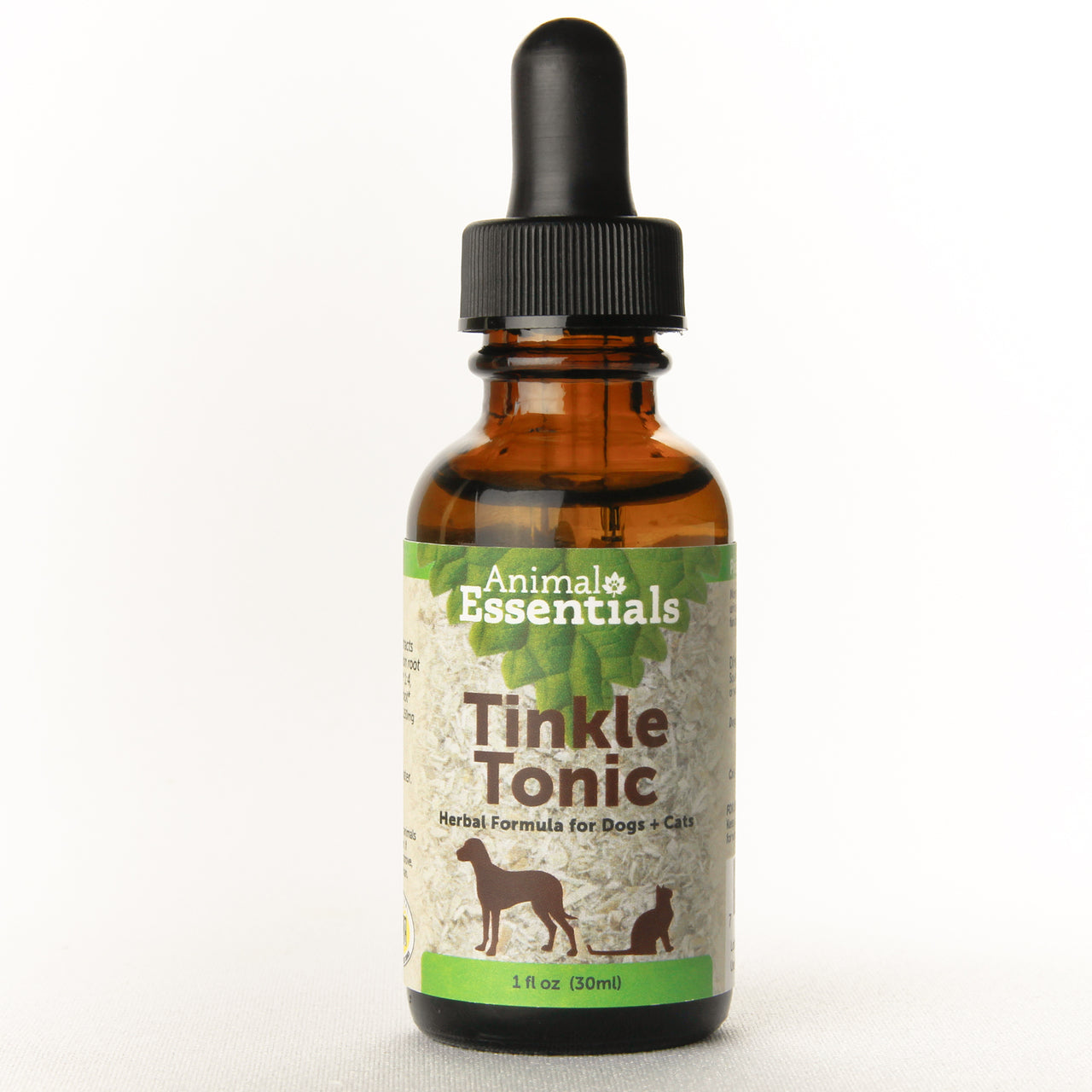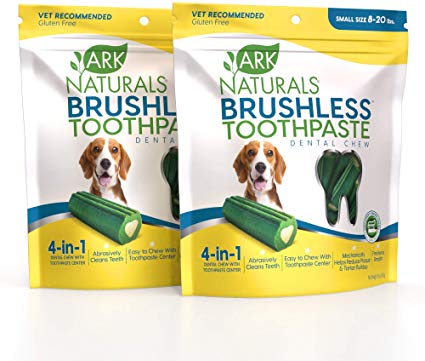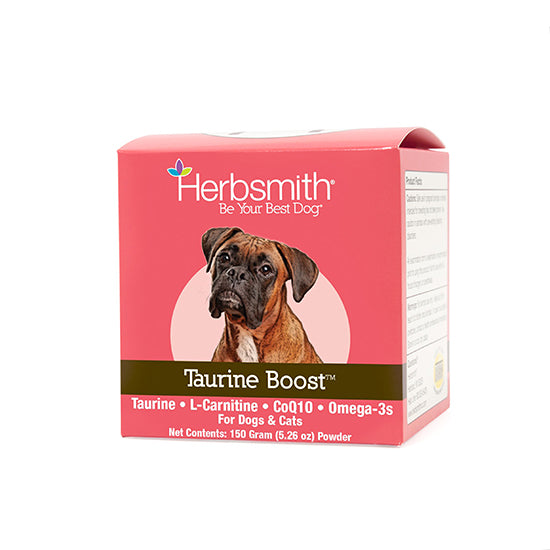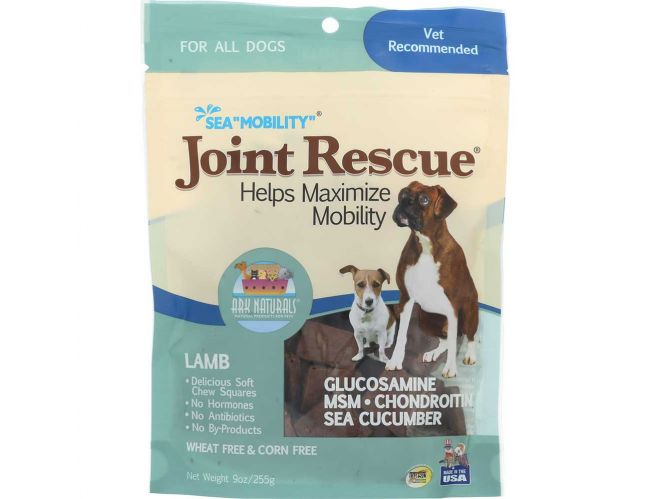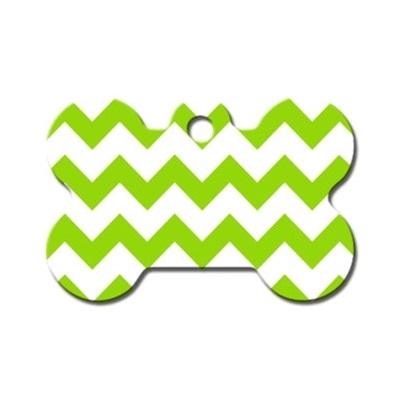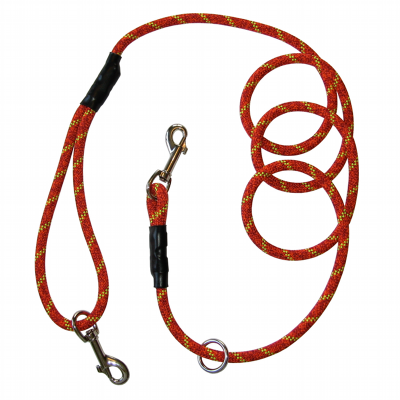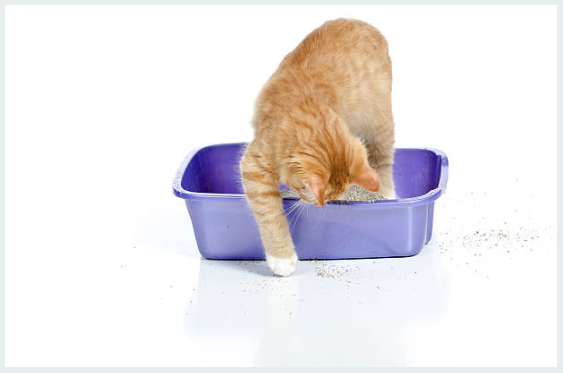When it comes to providing the best care for your furry friend, nutrition plays a crucial role. Just like humans, pets require a well-balanced diet to stay healthy and vibrant. One of the key components of a pet's diet is protein. Let's delve into the importance of protein for your pet and why it should be a fundamental part of their daily meals.
Why Protein is Essential
Protein is an essential macronutrient that plays a vital role in your pet's overall health. It is necessary for building, repairing, and maintaining tissues, organs, and cells in the body. Protein is also crucial for supporting healthy skin, coat, muscles, and immune function.
The Importance of High-Quality Protein Sources
Not all proteins are created equal. When choosing pet food, it's important to opt for high-quality protein sources. Look for animal-based proteins like chicken, beef, fish, and lamb as they provide essential amino acids that are easily digestible and beneficial for your pet's well-being.
Protein Requirements for Different Life Stages
As pets age, their protein requirements may vary. Puppies, kittens, and active adult pets typically require more protein to support their growth and energy needs. On the other hand, senior pets may benefit from protein sources that are easier to digest and gentle on their aging bodies.
The Role of Protein in Weight Management
Protein plays a significant role in weight management for pets. A diet rich in protein can help your pet feel full and satisfied, reducing the likelihood of overeating. Additionally, protein helps maintain lean muscle mass, which is essential for a healthy metabolism.
Common Signs of Protein Deficiency
Protein deficiency in pets can lead to various health issues. Common signs of protein deficiency include dull coat, muscle loss, lethargy, and a weakened immune system. If you notice any of these symptoms in your pet, consult your veterinarian for guidance.
Choosing the Right Protein-Rich Diet
When selecting a pet food for your furry companion, always check the ingredient list. Opt for recipes that list a high-quality protein source as the first ingredient. Avoid foods with fillers, by-products, and artificial additives that offer little nutritional value.
Protein Allergies and Sensitivities
Just like humans, pets can develop allergies or sensitivities to certain proteins. If your pet exhibits signs of food allergies such as itching, digestive upset, or skin issues, consider switching to a hypoallergenic diet that features novel protein sources like venison or duck.
Consulting with Your Veterinarian
Before making any significant changes to your pet's diet, it's crucial to consult with your veterinarian. They can provide valuable insights and recommend the best dietary options based on your pet's age, breed, health status, and unique nutritional needs.
Introducing Protein-Rich Treats
In addition to their regular meals, you can incorporate protein-rich treats into your pet's diet. Treats made from high-quality protein sources can serve as delicious rewards and help strengthen the bond between you and your furry companion.
Monitoring Your Pet's Response
After introducing protein-rich foods into your pet's diet, monitor their response closely. Look for improvements in their coat quality, energy levels, and overall well-being. If you notice any adverse reactions, discontinue the new food and seek guidance from your veterinarian.
Embracing a Protein-Powered Lifestyle
By recognizing the essential role of protein in your pet's diet, you are taking a proactive step towards ensuring their optimal health and happiness. Remember, providing a balanced diet rich in high-quality protein is a cornerstone of good pet nutrition.
Explore the Shopify store of a user by clicking here. Keep in mind that this is a promotional link, and we are not responsible for the content on the linked store.



